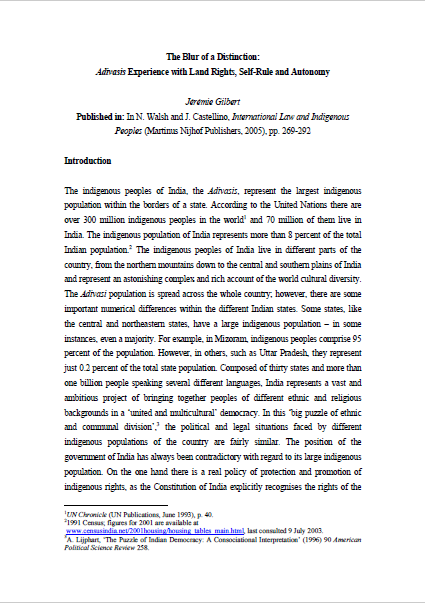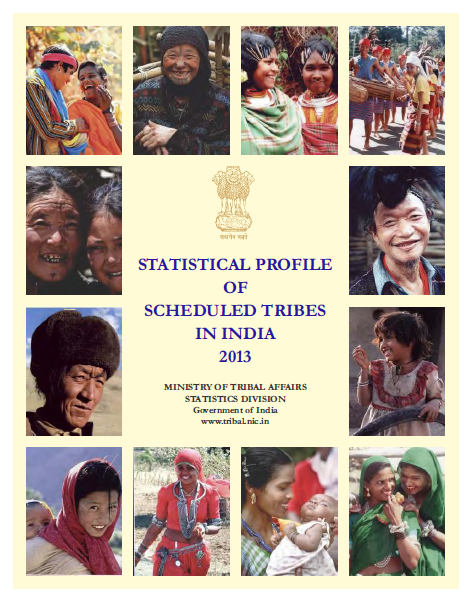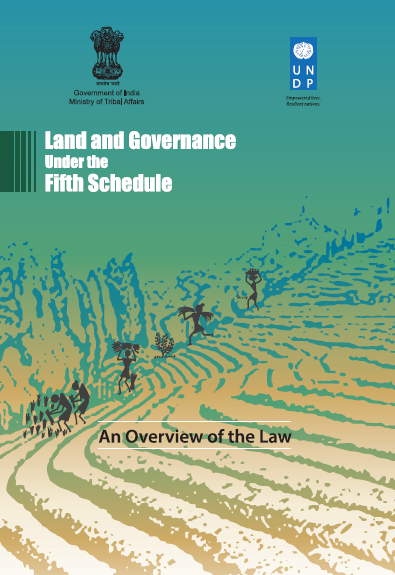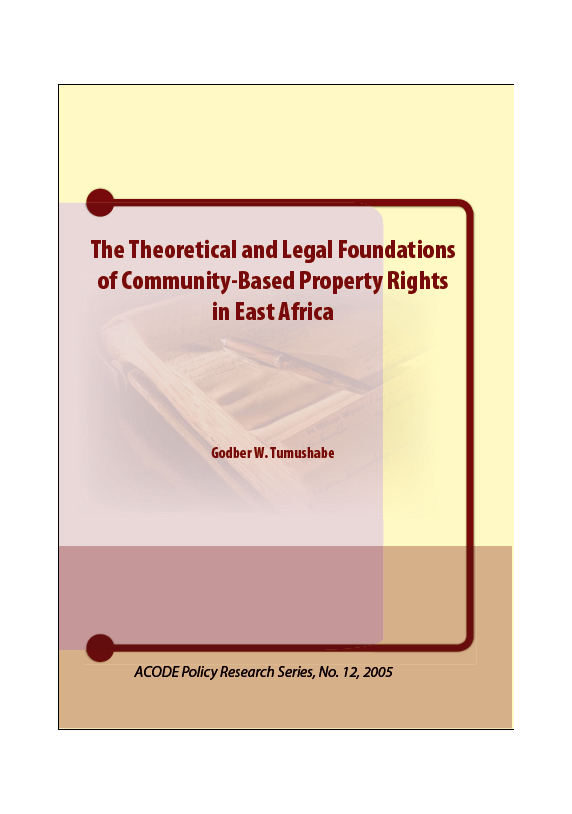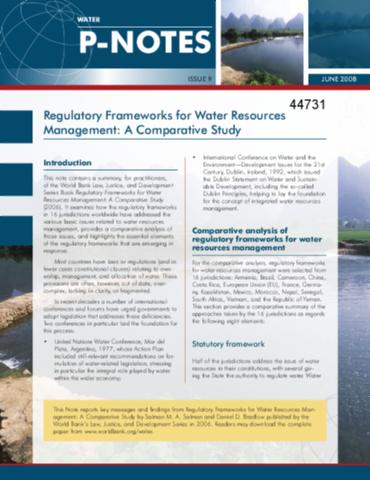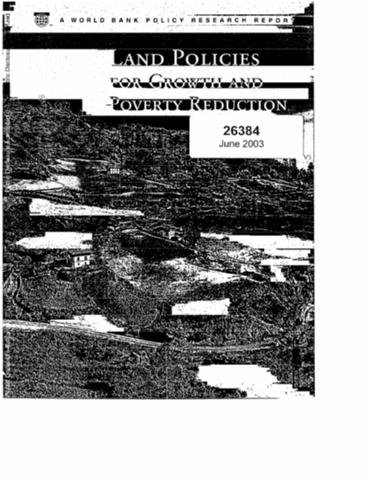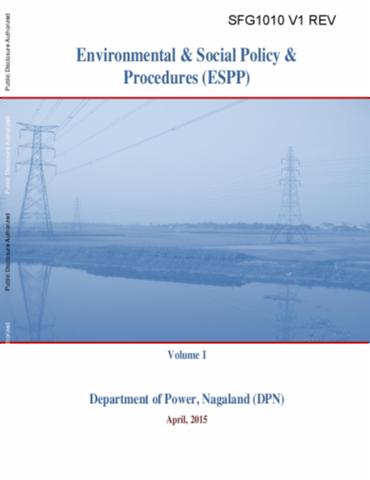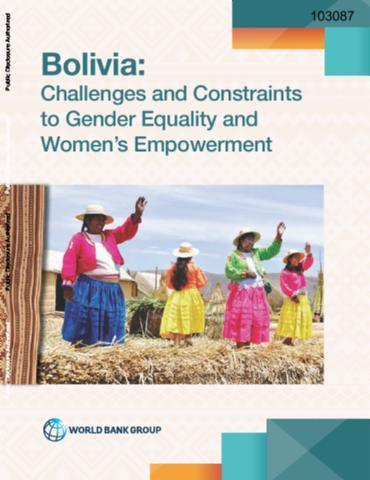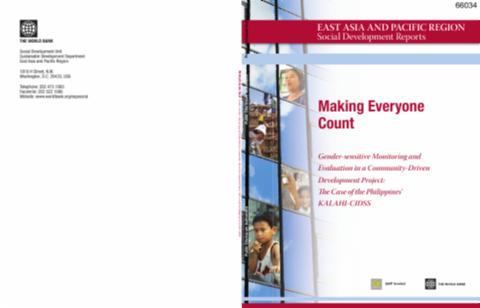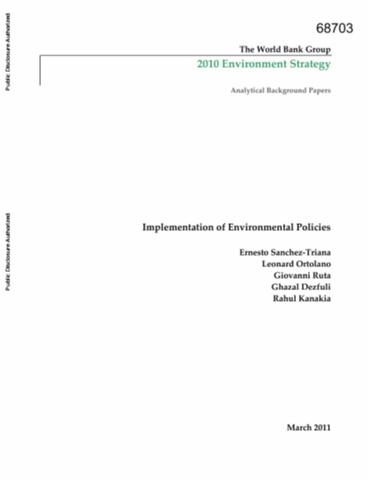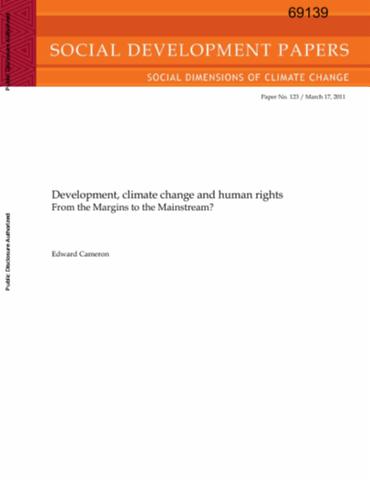Socio-economic issues in forest management in India
India's forest policy regime enacted so far had alienated the common users of their property rights in the name of forest and wildlife conservation. However, poor conservation outcomes have forced planners to reconsider the role of the forest community in resource use and conservation. Presence of a deep-rooted economic, social, cultural and ethical difference between members of Forest Protection Committee (FPC) constrains group behaviour and their capacity to modify regulations governing resource use.


